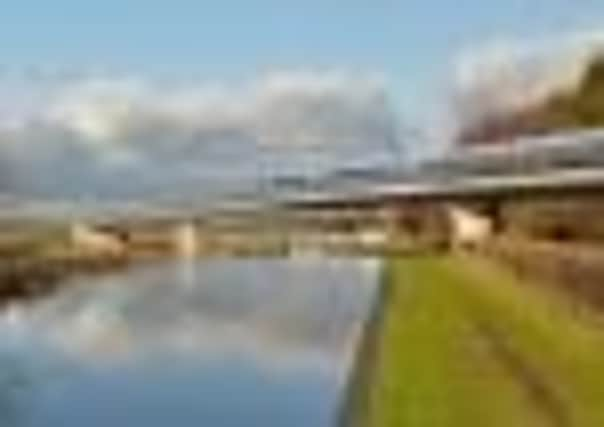UK high-speed rail network gets the go-ahead


In an attempt to appease opponents of the controversial scheme, including some Tory MPs, Transport Secretary Justine Greening announced extra tunnelling for sections of the 140-mile route between London and Birmingham.
The link between the UK’s two biggest cities will form phase one of the scheme, with a hybrid bill being introduced in Parliament next year.
Advertisement
Hide AdAdvertisement
Hide AdThis first £16.4 billion phase, introducing 225mph trains and cutting London-Birmingham journey times to 49 minutes, would be completed in 2026.
A second phase, taking HS2 to Manchester and Leeds in a Y-shaped route, would be completed around 2032/33.
The Government envisages stops in the East Midlands and South Yorkshire and links to the existing West Coast and East Coast main lines which would enable through-running services to reach Liverpool, Newcastle, Glasgow and Edinburgh.
Journey times from London to Scotland’s major cities would be cut to around three hours 30 minutes, while London-Manchester and London-Leeds journey times would be reduced to 80 minutes.
A commitment to taking it up to Scotland has not yet been made, but rail operators say that the financial case for the vastly expensive rail link only stacks up once it runs right down the spine of the country, from Edinburgh or Glasgow to London.
Labour is expected to support the HS2 plans, but it remains to be seen whether the changes announced today will be enough to satisfy Ms Gillan and other Tory “rebels”.
The Government reckons the scheme will produce economic benefits of £47 billion over 60 years. It also says that improving existing infrastructure will not be enough to cope with overcrowding on an increasingly-busy rail network.
Opponents of the scheme say the Government’s economic benefit calculations are wildly over-optimistic, there is no real business case for HS2, and the whole scheme is just a “vanity project”.